What's the truth about the VIP 'paedophile ring'?
- Published
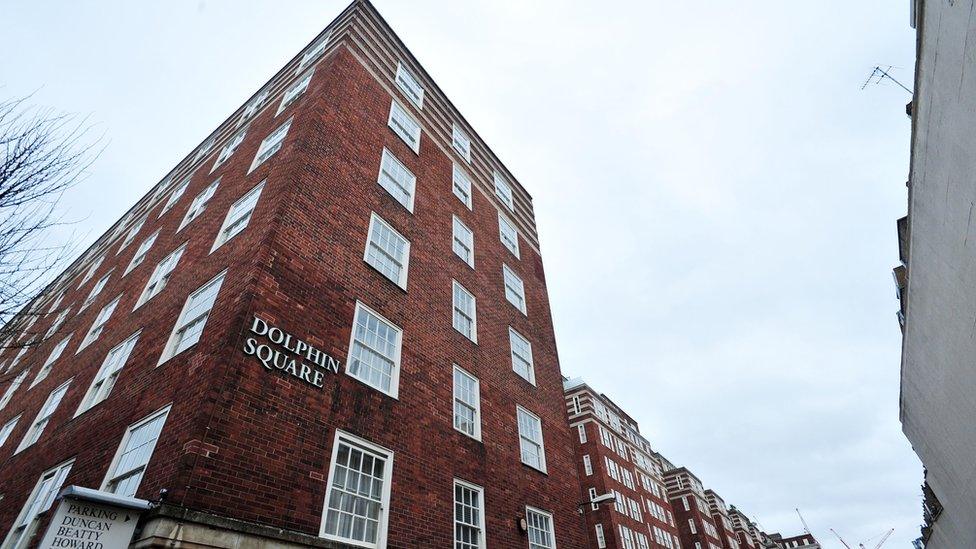
Operation Midland has investigated allegations that abuse took place in Dolphin Square
Sensational claims of child abuse and murder were described by police as "credible and true" - but have the accused and genuine victims alike been let down by a rush to judgement?
This is the story: That some of the most powerful men in the land - a former prime minister, a future home secretary, the heads of the army, MI5 and MI6 - got together with other prominent, depraved men in rooms around London and in army bases, to torture, abuse and murder boys. They did it without fear of getting caught, and they covered the tracks so that their secrets stayed hidden for 30 years.
As an allegation it's unprecedented, and so was the response from the police. They set up a murder inquiry called Operation Midland based only on the testimony of the person who'd come forward with the story, a man known as "Nick". Quickly, police described the claim, and Nick himself, as "credible and true".
For nearly a year, Panorama has been looking into the allegation that a murderous gang of VIP paedophiles operated in Britain in the 1970s and 80s.
What has emerged is a story which, arguably, says as much about how some of this country's most important institutions are behaving now as it does about child abuse more than 30 years ago.
The history of this kind of abuse is wildly controversial, but there's near-consensus on one thing: Savile was a turning point.
When the scales fell from the eyes of a nation, and Jimmy Savile was revealed for the monster he was, all manner of things which had seemed incredible turned out to be true, and institutions which had allowed children to fall into his clutches came under tremendous pressure.
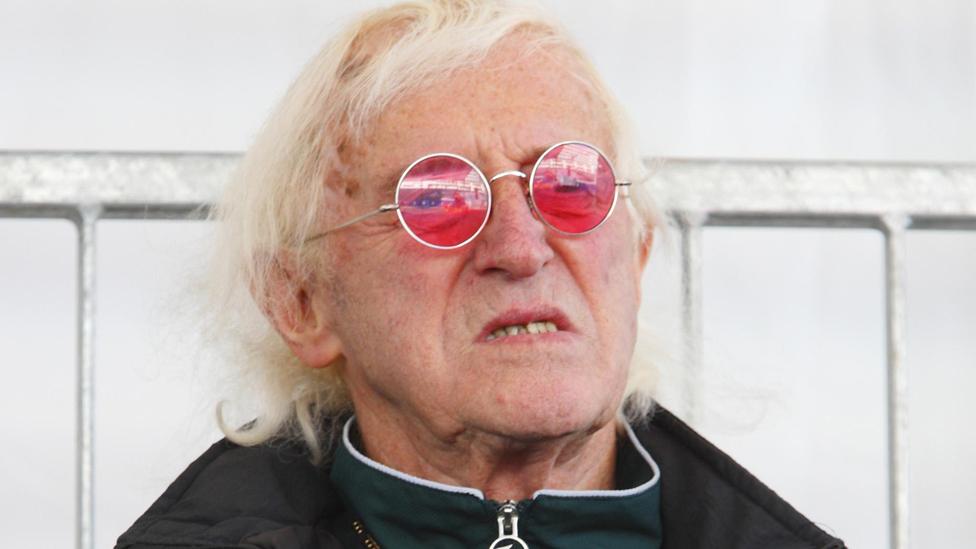
They included places where Savile had done dreadful things - the BBC and the NHS - and others which might have played a part in stopping him - politics, the press and police.
Under such pressure, in the atmosphere we all breathed after the Savile revelations, it's very difficult for institutions to do just enough and not too much.
Remember the mood at the time - it was frenzied. Remember, too, that Savile didn't come out of a clear, blue sky. We'd had the financial crisis, phone hacking, MPs' expenses. The pendulum swings. What are the chances of it ending up in exactly the right place?
What we've found while we've been making this Panorama is a concern that all those big institutions - the police, press and politicians - are so determined to atone for the sins of the past that they're in danger of inventing whole new categories of mistakes. The motivation may be good, but the outcome can be awful.
The police are acutely aware that, pre-Savile, when a person came forward with an allegation of abuse, their knee-jerk response was often to set about undermining his or her credibility. The question now is whether the police are so determined not to dent the credibility of witnesses that they don't want to investigate it at all.
In effect, they're charged with giving up on even-handed, evidence-based policing at enormous cost to the reputations of people who've been accused - people like Harvey Proctor, Leon Brittan, Sir Edward Heath. How much responsibility do the police bear for smoke-damage when they light the most enormous fire?
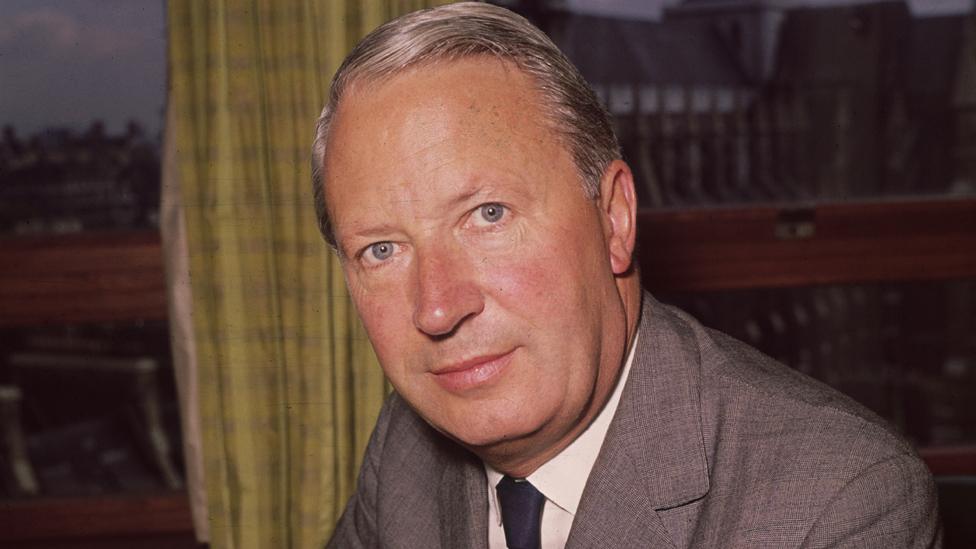
Sir Edward Heath (photographed in 1964)
Meanwhile, politicians staggered into the Savile crisis with their moral authority in tatters over their expenses, and their independence shredded by the phone-hacking scandal. They'd been far too cosy with the media and the police - the same police who'd failed to collar Jimmy Savile.
A group of MPs became fixed on the idea of holding the police's feet to the fire, but the line between doing that and interfering in justice is a thin one. Some politicians may have crossed it.
And then there's the press. At the end of that run of crises, its reputation can rarely have been lower - cheerfully hacking the phones of murder victims, miserably incompetent at investigating Jimmy Savile's crimes.
The idea of an establishment capable of almost any evil and hell-bent on covering it up was a great story, but it was also a road to redemption.
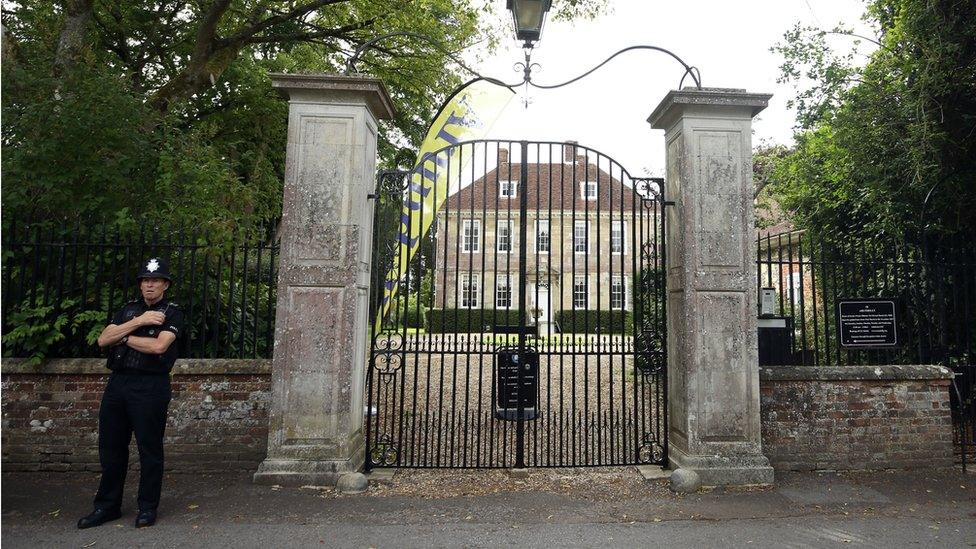
Heath's house in Salisbury was this year at the centre of police inquiries into historic sex abuse claims
And so, parts of the media - particularly the online, alternative media - raced down that road, publishing wild stories without pausing to check if they were true. A lot of things have been published that should never have been.
Is it true that there was a VIP paedophile ring based in Westminster in the 1970s and 80s? At the end of Panorama, you may reach your own view on the balance of the facts in the programme.
But ask the question again - is it true? A better answer might be to say that the real problem would be if the police, politicians and the press have decided that it doesn't matter either way.
If the priority for those institutions has become patching up their battered reputations, then victims of abuse could be vulnerable again - pawns in the game - and the reputations of the accused would be acceptable collateral damage.
That balance between the rights of the powerful and the vulnerable, between the victims and the accused, is at the heart of this tale.
The children abused by Jimmy Savile know the cost of living in a country where not enough is believed, and their terrible stories demand a response.
But if the response is to ask another group of people to pay the price of living in a country where we believe too much, we'll have gone wrong all over again.

More from the Magazine
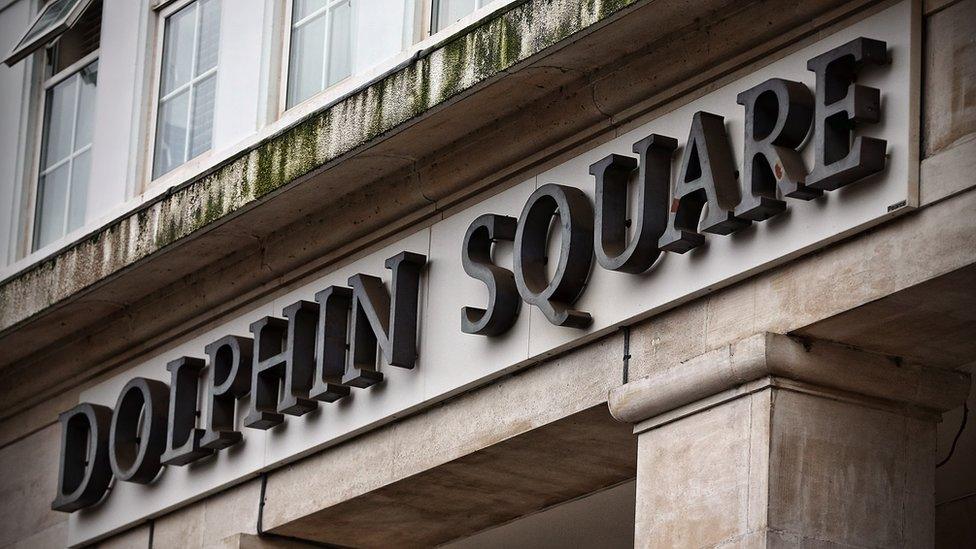
Dolphin Square, near the Houses of Parliament, has long been a home to MPs, spies and other notables. It has been at the epicentre of a slew of scandals over the decades.
Dolphin Square: The UK's most notorious address? (August 2015)

The VIP Paedophile Ring: What's The Truth? is a Panorama programme, shown at 22:35 BST on 6 October on BBC One - catch up on BBC iPlayer
Subscribe to the BBC News Magazine's email newsletter to get articles sent to your inbox.